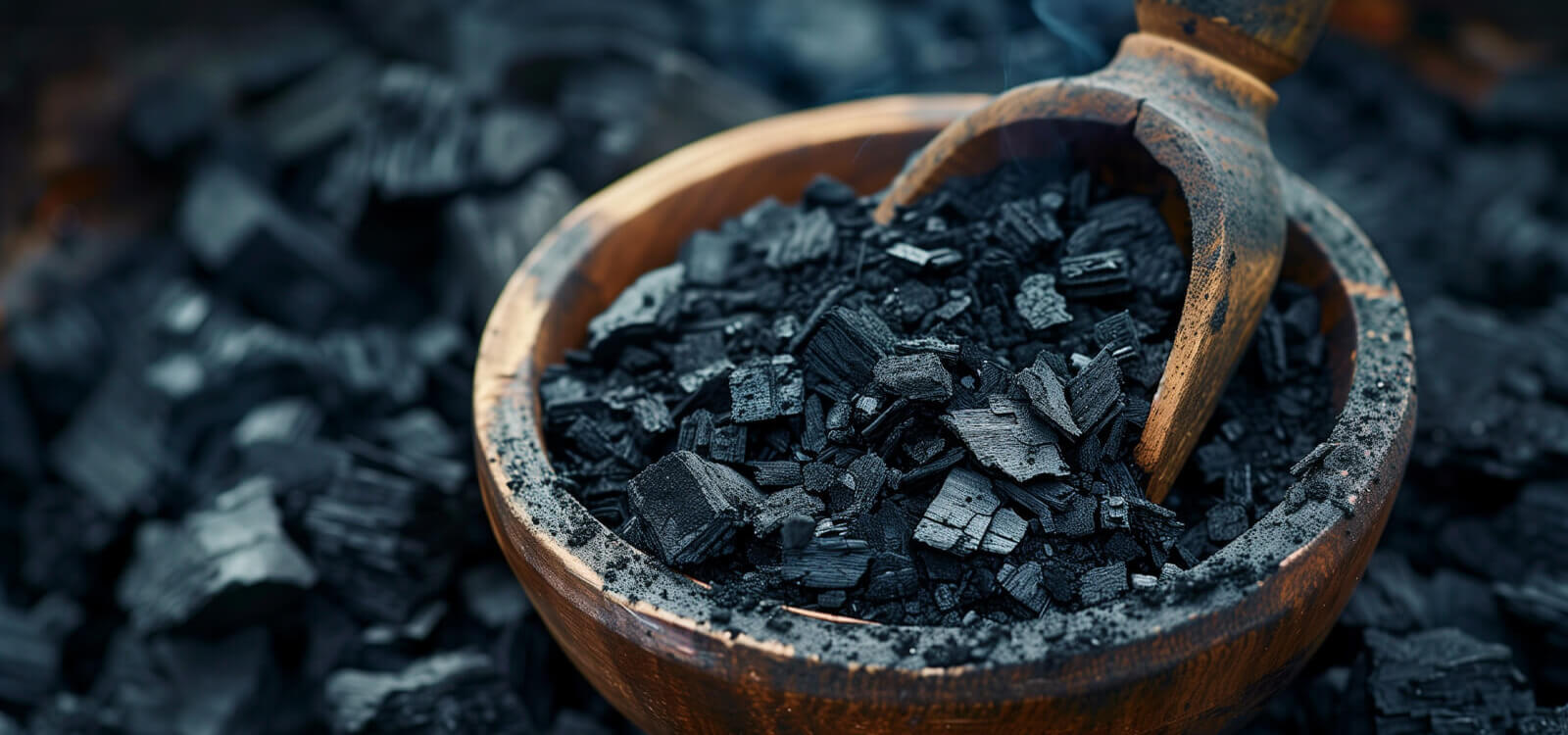Uses of Biochar
The world is beginning to recognize the versatile applications of biochar. To provide context, consider the period before the widespread use of combustion engines. In 1900, London had approximately 300,000 horses and just around 800 cars. The primary challenge of the time was disposing of horse manure, with little demand for oil.
Fast forward to today, where the world consumes 97 million barrels of oil daily, and the issue of urban horse manure disposal has become obsolete. Over the past 125 years, substantial amounts of carbon, previously sequestered deep within the Earth, have been released back into the atmosphere through fossil fuel combustion, contributing significantly to climate change alongside other greenhouse gases.
Recognizing this, efforts are now focused on carbon sequestration strategies to mitigate climate impacts. Biochar production offers a promising avenue in this regard. Beyond its potential to enhance soil fertility and plant growth, biochar, akin to fossil fuels due to its carbon content, presents viable alternatives for materials traditionally reliant on non-renewable resources.
Indeed, there exists a range of non-agricultural applications for biochar, demonstrating its versatility and environmental value.
Industry
- Waste treatment
Biochar can be used to filter and adsorb waste material, such as sewage or industrial effluent, thereby immobilizing or removing pollutants and pathogens. - Steel and silicon production
Biochar can be used as a reduction agent in the production of steel and silicon. It can help to reduce the amount of greenhouse gases produced during the manufacturing process by providing an alternative source of carbon. - Polymers
Biochar can be used as a filler in polymer composites to improve the material’s strength and thermal properties. - Bioplastics
Biochar can be used as a filler in bioplastics to improve the material’s strength and thermal properties, and to make it more sustainable. - Paint
Biochar can be used as a filler in paint to improve the material’s durability and decrease its thermal conductivity. - Carbon-based composites
Biochar can be used as a precursor to produce activated carbon fibres and carbon aerogels, which are used in various industrial applications such as gas storage and water purification. - Odor control
Biochar can be used as a natural odour control agent in various industrial and residential applications.
Hi-Tech
- Batteries
Biochar can be used as an electrode material in batteries, particularly in lithium-ion batteries, due to its high surface area and electrical conductivity. It is also being tested as a material that will hold electrical charge. - High-tech carbons
Biochar can serve as a catalyst or support material in the production of graphene, as well as a composite material to improve the mechanical, electrical, and thermal properties of graphene. - Ink
Biochar is being used s a key component as an Ink in 3D printing - Other high-tech applications
Biochar has been studied for its potential use in high-tech applications such as in electronics, catalysts, and supercapacitors. Its high surface area and electrical conductivity make it a suitable material for these applications.
Construction
- Concrete
Biochar can be used to replace some of the cement in concrete mixtures, resulting in a lighter material which is more sustainable and environmentally friendly material. - Brick
Biochar can be added to bricks to darken and fleck the colour of the brick. - Asphalt
Biochar can be added to asphalt mixtures to improve the material’s durability and decrease its thermal conductivity.
Sanitation
- Water filtration
Biochar can be used to filter and purify water by removing pollutants and heavy metals. - Deodorizing and moisture control
Biochar can be used in products such as shoe inserts, bags, and other items to control odours and moisture.
Medicine
Biochar has a variety of potential uses in medical applications such as
- wound healing,
- drug delivery,
- scaffold material for tissue engineering,
- to relieve gastrointestinal inflammation (as charcoal has been for centuries).
Food
- Food preservative
Biochar is attracting interest as a food preservative to extend the shelf life of products by controlling moisture and microbial growth.
Cosmetics
-
Biochar can be used as an additive in
- cleansing product for body, hair and skin care.
- a foundation for mascara.


